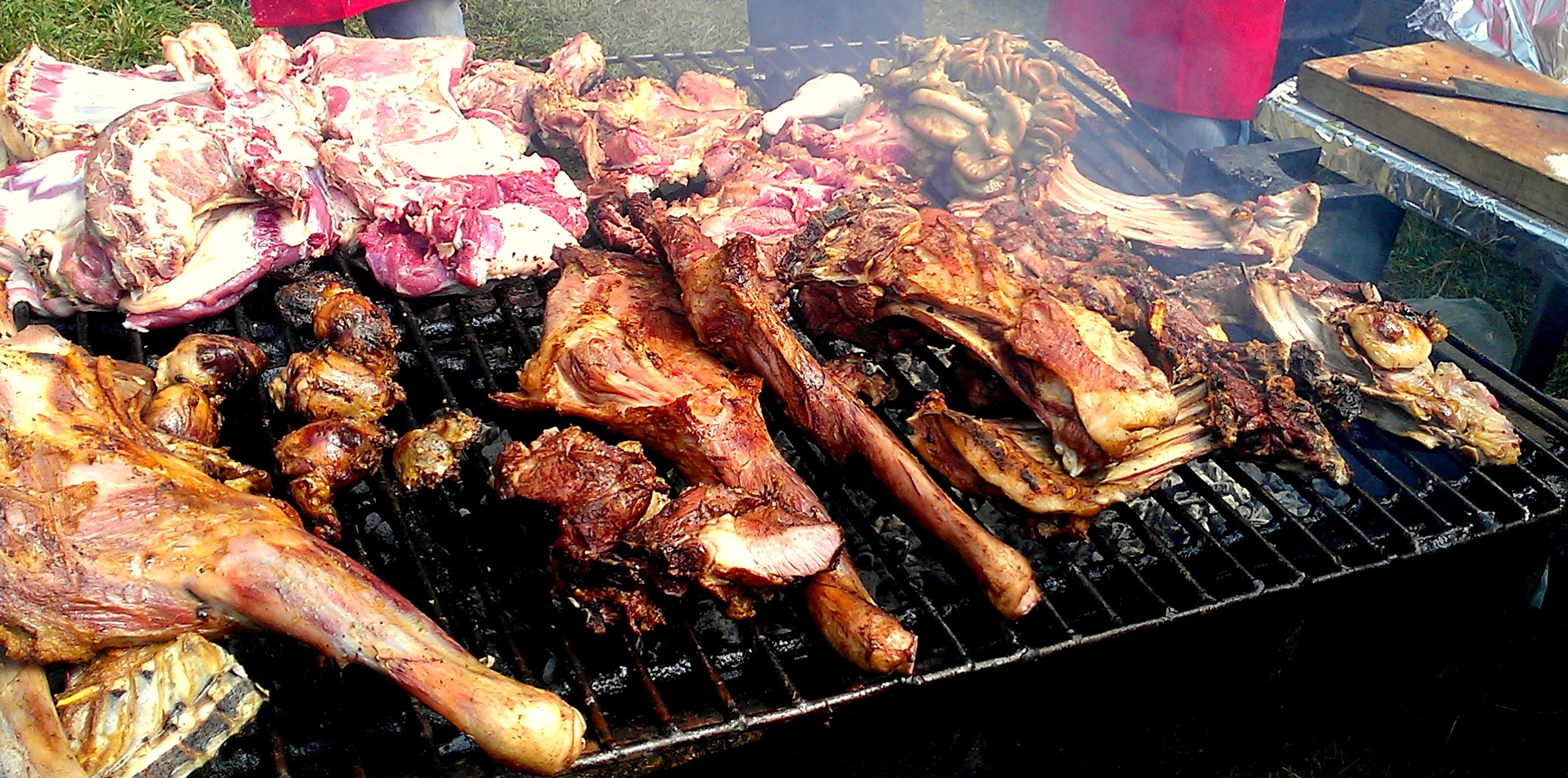Did you know that each 50 gram portion of processed meat eaten daily increases the risk of colorectal cancer by 18 percent?
In a recent report, the International Agency for Research on Cancer (IARC), the cancer agency of the World Health Organisation (WHO), has evaluated the carcinogenicity of the consumption of red meat and processed meat and for meat lovers, it is not good news.
Did you also know that high-temperature cooking methods generate compounds that may be carcinogenic?
For Kenyans, an event without ‘nyama choma’ may as well pass with no attention but, cooking at high temperatures or with the food in direct contact with a flame or a hot surface, as in barbecuing or pan-frying, certain types of carcinogenic chemicals (such as polycyclic aromatic hydrocarbons and heterocyclic aromatic amines) are produced.
The good thing is, there were not enough data for the IARC Working Group to reach a conclusion about whether the way meat is cooked affects the risk of cancer. So, Kenyans may enjoy the barbecue while the dangers are not yet known but bear in mind that ignorance is no defence.
After thoroughly reviewing the accumulated scientific literature, a Working Group of 22 experts from 10 countries convened by the IARC Monographs Programme classified the consumption of red meat as probably carcinogenic to humans (Group 2A), based on limited evidence that the consumption of red meat causes cancer in humans and strong mechanistic evidence supporting a carcinogenic effect.
This association was observed mainly for colorectal cancer, but associations were also seen for pancreatic cancer and prostate cancer.
![Sausages have been associated with an increased risk of getting cancer. [Photo: wutheringbites.co.uk]](https://www.monitor.co.ke/wp-content/uploads/2015/10/Sausages_wutheringbites.co_.uk_.jpg)
The consumption of meat varies greatly between countries, with from a few percent up to 100% of people eating red meat, depending on the country, and somewhat lower proportions eating processed meat.
The experts concluded that each 50-gram portion of processed meat eaten daily increases the risk of colorectal cancer by 18 percent.
“For an individual, the risk of developing colorectal cancer because of their consumption of processed meat remains small, but this risk increases with the amount of meat consumed,”
says Dr Kurt Straif, Head of the IARC Monographs Programme.
He added,
“In view of large number of people who consume processed meat, the global impact on cancer incidence is of public health importance.”
The IARC Working Group considered more than 800 studies that investigated associations of more than a dozen types of cancer with the consumption of red meat or processed meat in many countries and populations with diverse diets.
The most influential evidence came from large prospective cohort studies conducted over the past 20 years.
“These findings further support current public health recommendations to limit intake of meat,”
says Dr Christopher Wild, Director of IARC.
“At the same time, red meat has nutritional value. Therefore, these results are important in enabling governments and international regulatory agencies to conduct risk assessments, in order to balance the risks and benefits of eating red meat and processed meat and to provide the best possible dietary recommendations.”
IARC Monographs evaluate consumption of red meat and processed meat.
Red meat refers to all types of mammalian muscle meat such as beef, veal, pork, lamb, mutton, horse, and goat.
Processed meat refers to meat that has been transformed through salting, curing, fermentation, smoking, or other processes to enhance flavour or improve preservation.
Most processed meats contain pork or beef, but processed meats may also contain other red meats, poultry, offal, or meat by-products such as blood.
Examples of processed meat include hot dogs (frankfurters), ham, sausages, corned beef, and biltong or beef jerky as well as canned meat and meat-based preparations and sauces.


